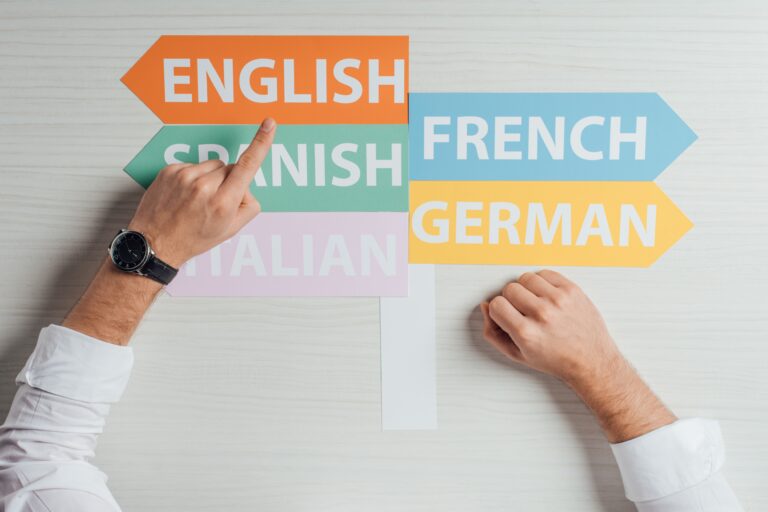
The Lingua Franca of Justice: Understanding the Impact of Language and Cultural Differences in Criminal Justice – Guest Post
Imagine a courtroom where justice is blind but language and cultural barriers create obstacles to a fair trial. The criminal justice system operates at the intersection of diverse cultures and languages, making it crucial to address the challenges arising from these differences. In this article, we delve into the impact

Recent Comments